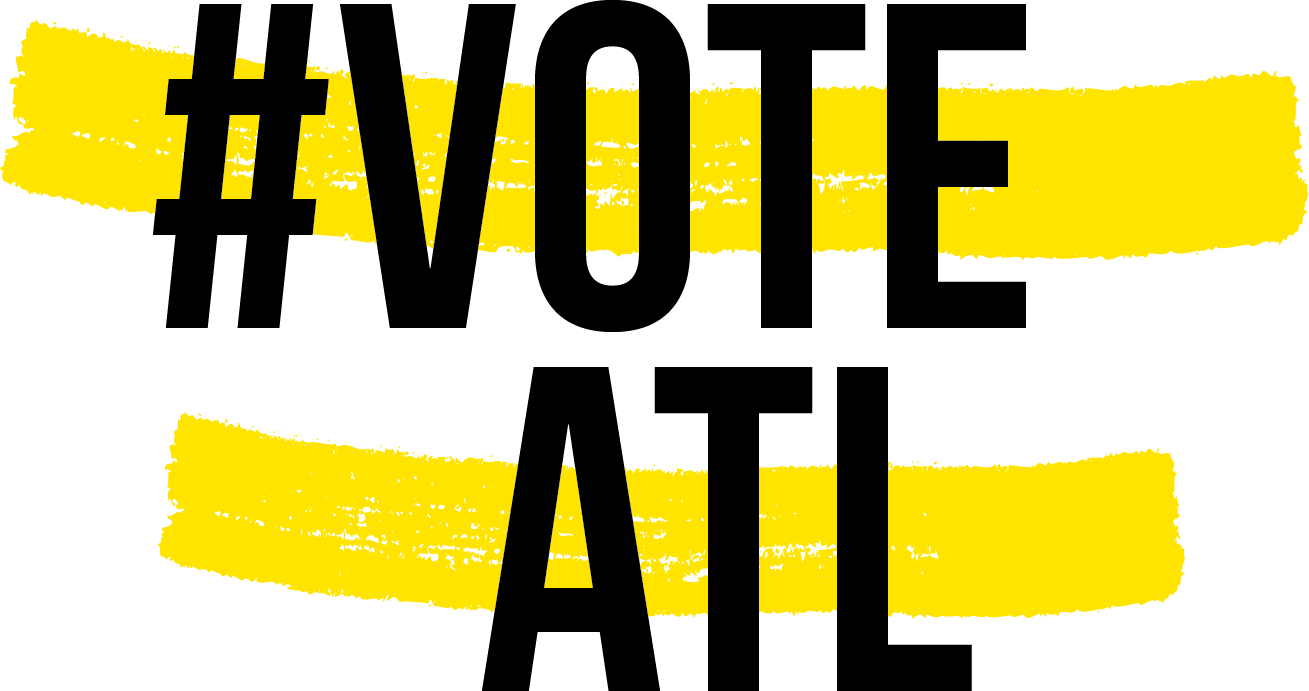Statewide ballot measures
Constitutional amendment 1: Creates a statewide homestead exemption
"Shall the Constitution of Georgia be amended so as to authorize the General Assembly to provide by general law for a state-wide homestead exemption that serves to limit increases in the assessed value of homesteads, but which any county, consolidated government, municipality, or local school system may opt out of upon the completion of certain procedures?"
Summary:
This law will create a statewide homestead exemption that limits how much a home's assessed value can increase each year for tax purposes. This limit would be based on the rate of inflation. For example, if inflation is 2%, the maximum increase in a home’s assessed value would also be 2%.
In Georgia, homeowners pay property taxes based on their home’s value, which is determined by their county assessor. In some areas, these taxes have increased a lot – outpacing the rate of inflation.
In some cities and counties in Georgia, homeowners can apply for a "homestead exemption" to lower the property taxes they owe on their primary residence. However, not all local governments offer this exemption.
How would this constitutional amendment affect Atlanta?
The City of Atlanta, Fulton County, and DeKalb County already have similar homestead property tax exemptions in place that cap the increase of a home’s assessed value each year, but Atlanta Public Schools’ homestead exemption has been fixed at $50,000 since 2018.
If this amendment passes, counties, cities, and school systems would be allowed to opt out of this exemption, but it would require local governments to publicly advertise and host three public meetings first.
Supporters Say:
This exemption will clean up a complex and confusing property tax system and ensure homeowners are protected from spikes in property taxes.
Opponents Say:
This exemption will hurt potential first-time homeowners by discouraging existing homeowners from selling their homes and will decrease government revenue.
Constitutional amendment 2: Creates a georgia tax court
"Shall the Constitution of Georgia be amended so as to provide for the Georgia Tax Court to be vested with the judicial power of the state and to have venue, judges, and jurisdiction concurrent with superior courts?"
Summary:
This law would create a Georgia Tax Court for tax-related issues. This court would hear cases involving disagreements between taxpayers and the state, such as appeals over state tax decisions.
Currently, State tax disputes are handled by the Georgia Tax Tribunal, a part of Georgia’s executive branch, and appeals are heard by the appropriate Superior Court. This law would establish an independent court with its own judges focused specifically on tax matters.
Judges would be appointed to the Tax Court by the Governor, approved by the State House Judiciary Committee and State Senate Committee on Judiciary, and serve four-year terms.
Supporters Say:
This is an operational fix that will speed up the trial process in tax cases and free up backlogged Superior Courts from hearing appeals in tax cases where the judges might lack expertise.
Opponents Say:
The current system, a tax tribunal housed in the executive branch, is sufficient to resolve tax disputes.
referendum a: Creates an exemption for personal property tax up to $20K
“Do you approve the Act that increases an exemption from property tax for all tangible personal property from $7,500.00 to $20,000.00?”
Summary:
This measure would allow a person to deduct up to $20,000 of “personal property” – such as office supplies, furniture, machinery, equipment or any other property used for business purposes – from State personal property taxes.
Personal property, in this context, does not include residential homes, vehicles, trailers, and mobile homes. In 2002, voters approved a referendum increasing the personal property tax exemption from $500 to $7,500.
Supporters Say:
This will provide tax relief to property owners and relieve tax burdens on small businesses.
Opponents Say:
This tax exemption would potentially decrease the funding obtained through tax revenue used for public schools and public services.
